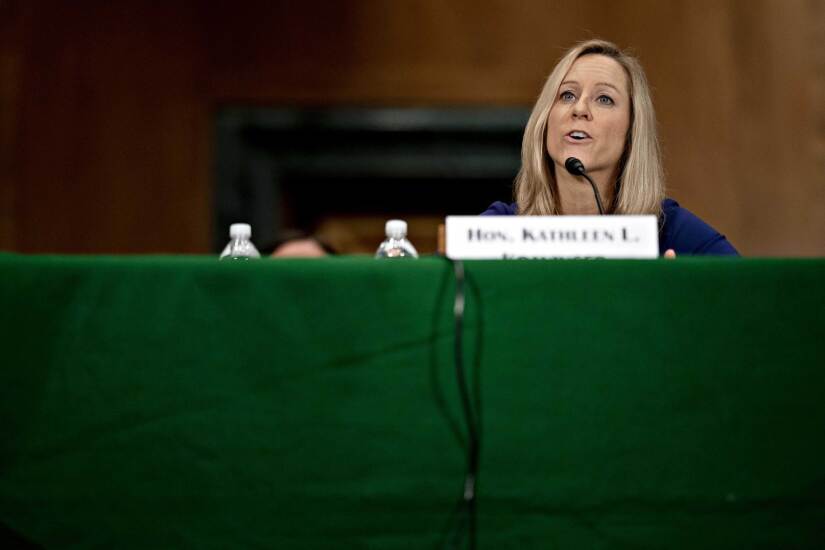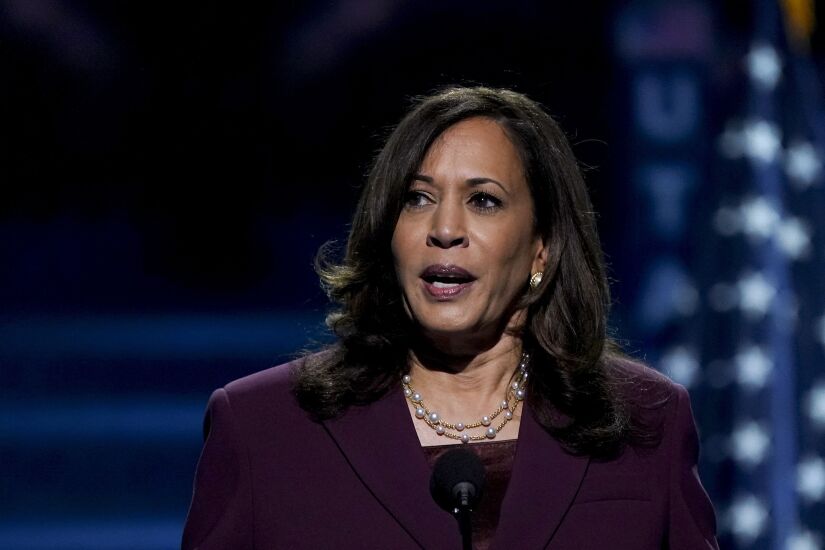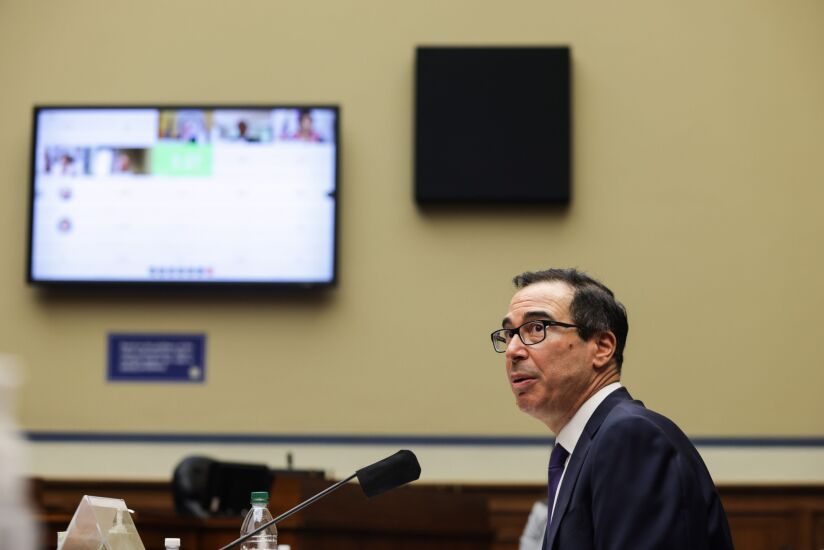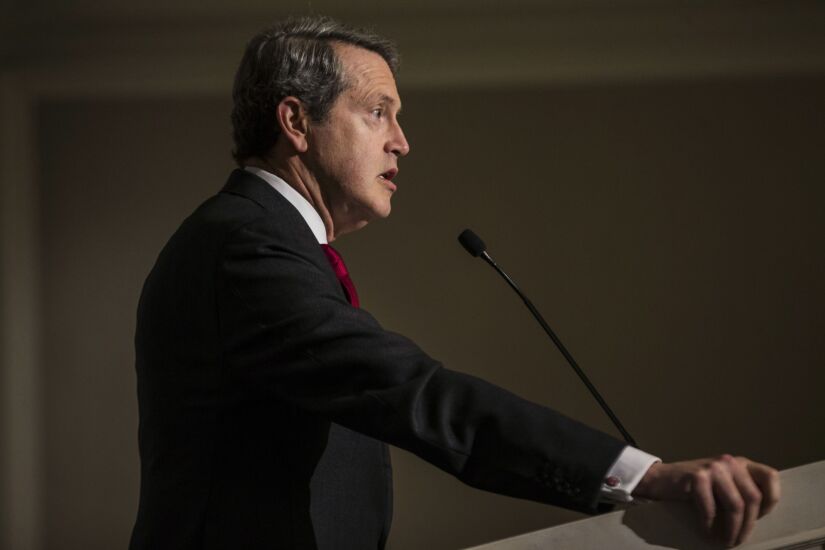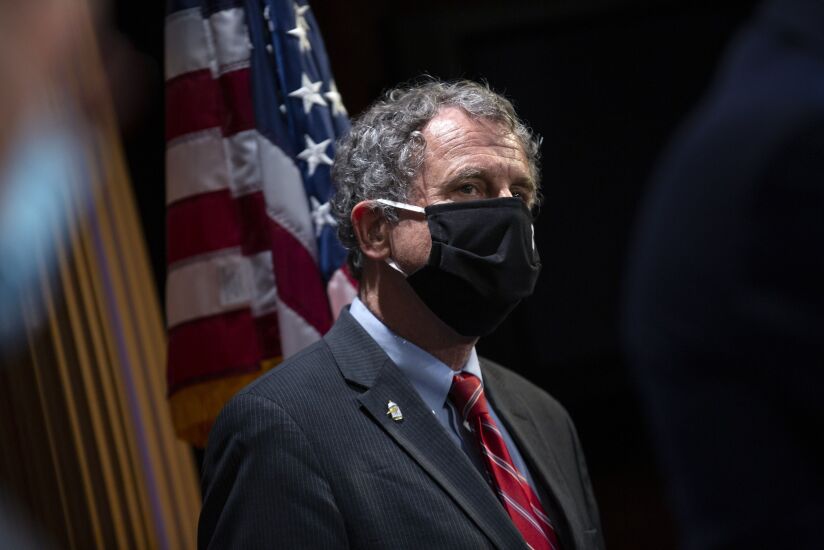WASHINGTON — The November presidential and congressional elections will be key to the future of banking policy, and could be the make-or-break factor for partisan issues like pot banking and fine-tuning regulation to focus on racial equity.
President Trump’s four years in the White House have been characterized by deregulation, from rolling back Dodd-Frank Act rules to easing supervision for regional banks.
Much of what his administration was able to accomplish with bank regulation took place during the first two years of his presidency, when the GOP controlled both the House and Senate. In 2018, Congress passed and Trump signed a regulatory relief bill that loosened several post-crisis standards.
With control of the Senate up for grabs in November, it remains to be seen how Trump or Democrat Joe Biden would be able to influence regulatory policy with several landmark issues on the table. The House will likely remain under Democratic control.
Members of Congress have introduced bills in recent months that would open the door to the U.S. Postal Service offering banking services and compel the Federal Reserve to tackle inequality. Such legislation is currently a nonstarter, but would be on the table if power were to shift hands.
Regardless of who controls Congress, the president has the power to appoint officials to key positions — a power that has only recently been enhanced by a
Those nominees will wield significant control not only over how the economy recovers from the pandemic-induced downturn, but also the role that banks play in facilitating that revival.
Here are the top issues for bankers to watch as the election approaches:


